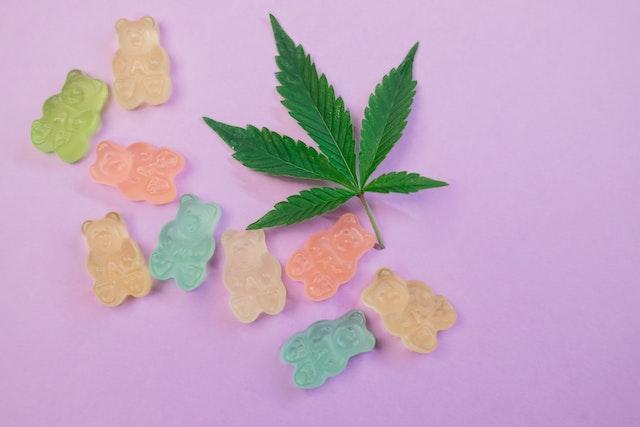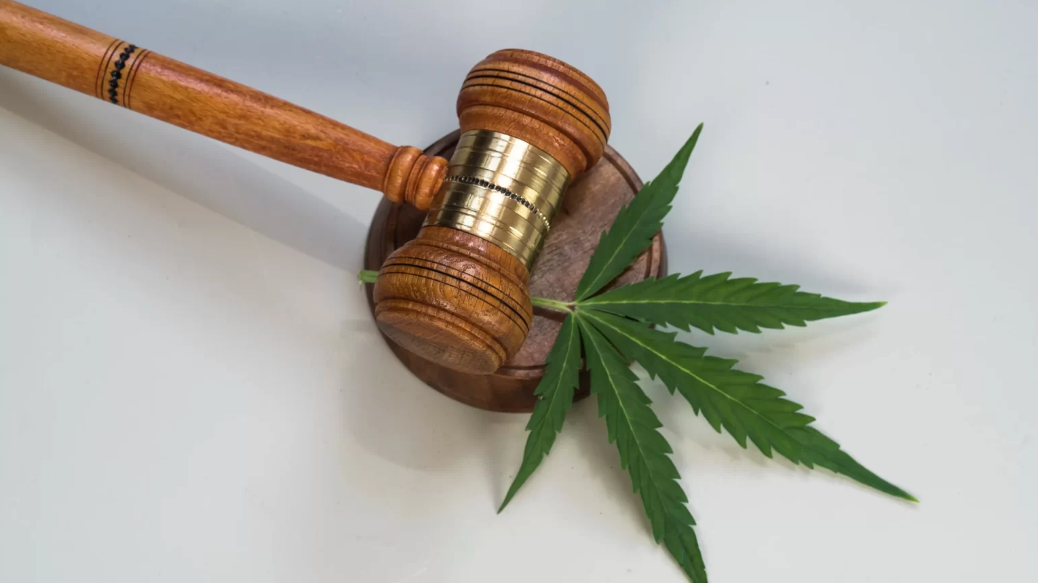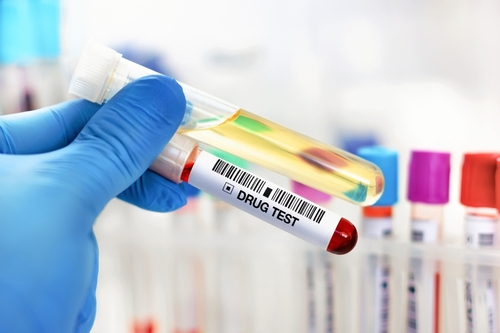Is HHC Legal in Texas?

Are you planning a trip to Texas? Do you live in the state or plan to move to Texas in the near future? If you enjoy bold and uplifting HHC products, you’ll be pleased to learn they are legal in the state. Many people look forward to indulging in hemp products, especially before or during a trip, to help them relax.
According to the Farm Bill of 2018, any products derived from hemp or the plant with no more than 0.3% Delta 9 THC are legal. This federal law is supported, at least currently, in the state.
The Farm Bill specifically provides that all CBD products must originate from a hemp plant that doesn’t contain more than 0.3% THC to be legal. While you can possess products from hemp plants in Texas, you cannot grow or cultivate hemp plants in the state.
There is also a ban on making and processing smokable hemp products, including THC. This law was upheld in 2022, and while it restricts the type of THC products you can buy, it similarly applies to HHC, which determines if you are allowed to buy and sell hemp-based products in Texas with no more than 0.3% of the active ingredient.

What Makes the Legal Status of HHC Complicated in Texas?
While recent legislation has loosened some of the restrictions around the possession and use of HHC, the DEA indicated that THC is technically illegal in Texas because it is derived synthetically from hemp and doesn't meet the current criteria as a legal product. HHC offers many of the same mellow, pleasant effects as THC, which makes it a popular choice.
As long as a hemp-based product contains less than 0.3%, it is not considered a controlled substance and can be bought, sold, and enjoyed for recreational and medicinal purposes.
Reviewing any product's HHC content is vital to ensure it adheres to Texas laws. This is essential if you're traveling from another state, where the legal requirements differ, as this can significantly impact you when you visit out of state.
Changes to Texas Law in 2019
A federal law in 2018 legalized hemp, which Texas followed in 2019, where hemp was legalized, and HHC products remained illegal. While many people generally support the legalization of these products, such as Delta 9, there is a lot of confusion and misunderstanding when it comes to clarifying which products are permitted in the state.
Not only have many people found the change in law difficult to understand in a practical sense, but it’s also been challenging for the courts and how to enforce these new laws.
While the Texas Supreme Court ruled that hemp cannot be made or processed within the state in June of 2022, selling, possessing, and buying hemp in the state remains legal. Products containing HHC fall under this category.
Some individuals experience relief from symptoms associated with these and other conditions, and for this reason, they are permitted to use products that contain up to 1% HHC.
The Safety of Products Containing HHC
One of the biggest reasons there have been changes to state laws regarding the use and possession of products that contain HHC is based on safety and long-term effects. While hemp products, including those with a low percentage of HHC, are considered generally safe, the Texas Medical Association has requested further research into the effects of these products and their effectiveness as a medicinal option.
While the FDA hasn’t specifically approved HHC for use, it generally follows the same guidelines as other hemp products. There are often concerns about how they interact with medications and their side effects.
As further studies provide more information on the effects of THC products, either for medicinal or recreational use, Texas legislation may change over time. Becoming familiar with all changes to the law is important, as they can quickly impact how you buy and enjoy hemp products containing various HHC levels.
How Does Texas Compare to Other States Regarding Legalization?
A total of nineteen states permit hemp products with HHC, and while they have legalized it, there are regulations in place to limit the amount of possession and the level. In 2022, further changes to seventeen states allowed for products with higher THC concentration specifically for medicinal reasons, and ten other states have since permitted low THC levels, including Texas.
A handful of states do not provide legalization, though, like Texas, it’s worthwhile to monitor laws from the states you visit and live in, as they can easily change to include or restrict access to hemp products that contain HHC.
Whether you're new to visiting Texas or plan on traveling often to the state, or relocating, it pays to get familiar with hemp and HHC-based products and their legal limitations. Researching ahead of your planned trip or move can give you a solid idea of what you can buy, sell, and possess during your stay and if there's an option to travel out of state by air or rail with THC products. HHC products are subject to similar laws in Texas, which is important to keep in mind when you decide to buy or bring products into the state.
Conclusion
While Texas' current laws surrounding HHC concentration and possession limitations may seem confusing, they offer a glimpse into greater access and flexibility for various products in the future.
Like many other states, Texas has decriminalized and allowed for more access to hemp-based products, which is promising. Despite this shift towards legalizing more HHC-infused products, it’s important to understand the consequences and legal penalties for possessing more than the permitted amount.
It’s also crucial to review regulations and policies regarding travel in and through the state with hemp products, as airlines and transportation services may prohibit or restrict carrying hemp products, including those that contain small amounts of HHC.



